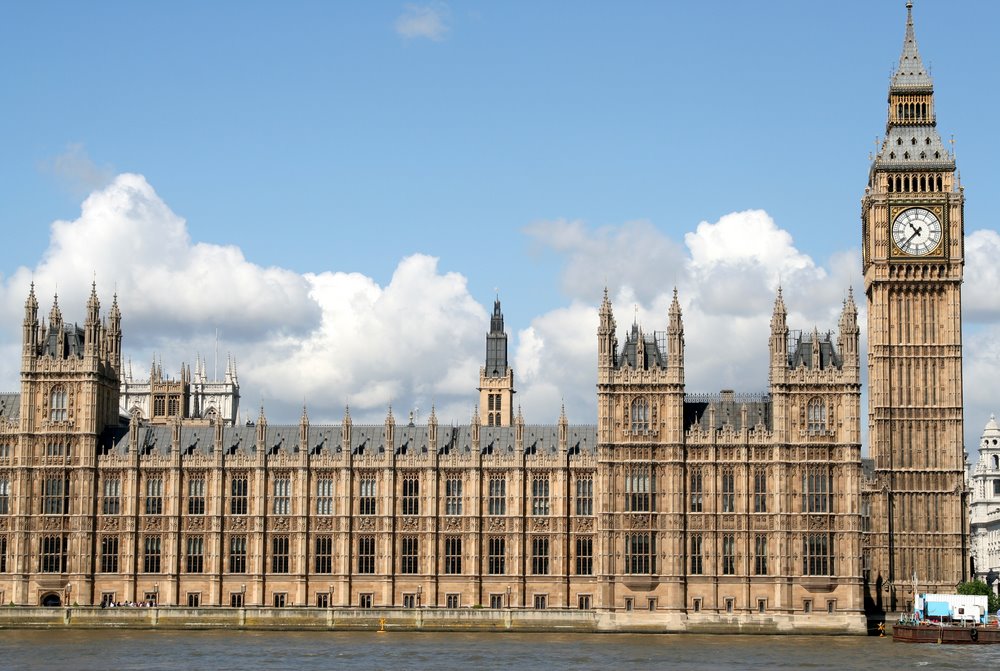When we reported on the Queen’s Speech in these news pages we highlighted two pieces of legislation that were likely to affect the business rates system. The first was the Cities and Local Government Devolution Bill that was introduced into Parliament earlier this year, and the second was the Enterprise Bill which has now begun its passage through parliament. The Enterprise Bill allows for significant changes to the business rates appeals system in England and for changes in the powers of the Valuation Office Agency to share information regarding business rates matters with the local authorities who collect business rates.
The changes to business rates appeals are an enabling measure and the detail of these changes will only become apparent when the regulations allowed by the Bill are introduced, which will probably be in time for the 2017 rating revaluation. However, the changes allow the Minister to require ratepayers to verify information before they make a proposal to alter the rating list; to restrict the timing and circumstances in which proposals may be made; and to allow valuation officers to impose financial penalties (up to £500) for providing false information. The Bill also allows for the introduction of powers restricting the grounds on which appeals may be made; the matters that are to be taken into account by a valuation tribunal in considering an appeal; the circumstances in which new evidence may be introduced to support an appeal; and powers to require fees to be paid as part of the appeal process.
These changes seem designed to allow the introduction of a three-stage process for ratepayers to investigate their rating assessment – “check”; “challenge”; and “appeal”. The check stage will require the ratepayer to verify facts and is likely to restrict any departure from those facts at later stages in the process. The challenge stage will require the ratepayer to detail to the valuation officer why their assessment should be amended, and what revised assessment should be put in its place. The valuation officer will then issue a decision notice setting out his decision in respect of the challenge. That decision notice would be the subject of the appeal stage with the possibility that fees would have to be paid by the ratepayer to make an appeal against the decision notice to the valuation tribunal, and restrictions on the matters that the tribunal may consider in dealing with any appeal.
All this seems designed more to “raise the bar” for any ratepayer considering appealing against their rating assessment, and less designed to introduce the simplicity and the transparency that the system so desperately needs. The changes proceed from the basis that the valuation is right until proved wrong. But this is not a tax of self-assessment, it is an assessed tax. It is assessed by the valuation officer who should surely owe a duty to the taxpayer to explain not just what his valuation is, but also what is the evidence he has used to arrive at it. It is this aspect that is conspicuously lacking from these legislative proposals.
The same is true about proposed changes to the powers of the valuation officer to share information with local authorities about business rates. The proposed powers are very broad – that the valuation officer may share information with a “qualifying person” for a “qualifying purpose”. Qualifying persons are all local and central government bodies and their employees, and qualifying purposes are almost all functions to do with non-domestic rates. The only protection offered to ratepayers is that there are restriction placed on the onward disclosure of such information.
Ostensibly this change is to simplify provision of information by ratepayers. However there are real concerns that the information sharing is restricted only to sharing between the valuation officer and the local authority. One of the key reasons cited by valuation officers for not supplying information to ratepayers about the evidence that their rating assessments are based on is the restrictions imposed by legislation on valuation officers sharing information. The changes in the bill will allow valuation officers to share that information with the local authorities responsible for collecting rates but will, apparently, not allow them to share that information who the ratepayers who pay those rates. These changes do not seem designed to give business rates a more level playing field.

